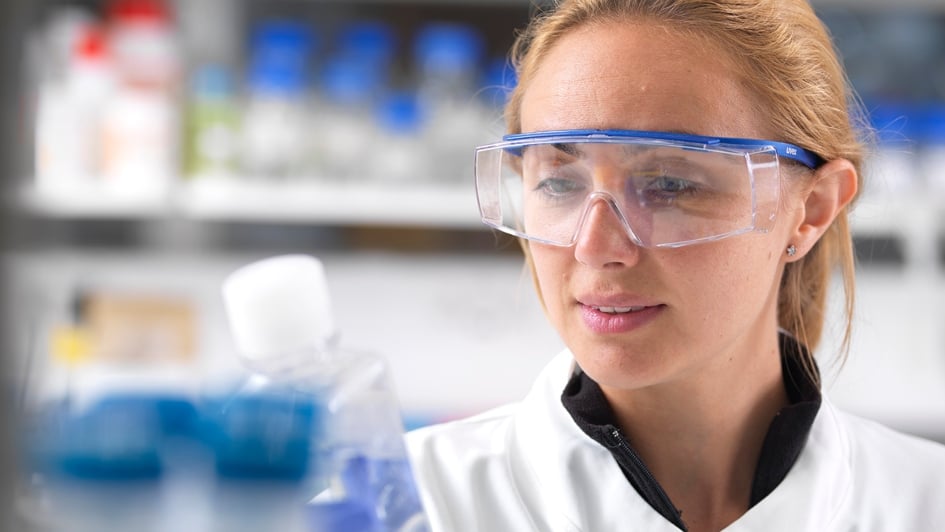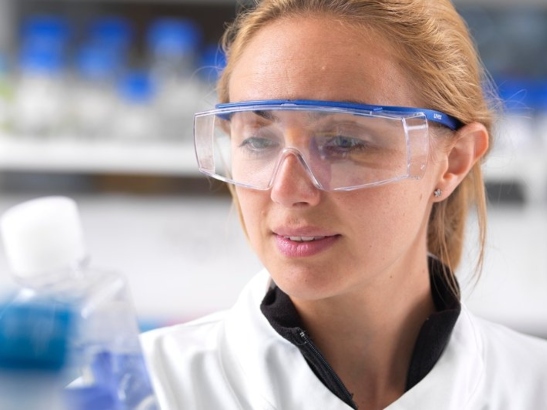
The Institute of Cancer Research is one of the top-ranked higher education institutions in the world for academic influence and commercial impact, according to an international assessment.
We ranked ‘excellent’ – the top mark available – in 10 separate categories in this year's 2021 U-Multirank report, an annual independent evaluation funded by the European Commission.
The assessment compares the performances of higher education institutions in measures across five key fields of university activity: research, knowledge transfer, teaching and learning, international orientation and regional engagement.
We were top of the world in the percentage of our publications that were referenced in international patents over the assessment period, 2010-19. Patents protect intellectual property and help our discoveries to translate into new treatments through collaboration with industry.
We were also second in the world for top-cited publications – papers in the top 10 per cent of the most frequently cited in their field.
Did you know the ICR is one of the UK's leading higher education institutions at working in collaboration with industry?
And we were fourth in the world for the citation rate of our scientific research – the average number of times research publications were cited in other research, after only Rockefeller University, London Business School and MIT.
Other highlights included ranking 11th in regional joint publications, and 13th for co-publications with industrial partners.
You can see the full rankings and compare the ICR with other universities.
Dr Barbara Pittam, Director of Academic Services at the ICR, said:
“U-Multirank is one of the most respected international assessments of university research and it’s pleasing to see the ICR do well again this year, especially in measures relating to research quality and international influence. Our strong performance in ratings like these reflects our commitment to work in collaboration with others, whether in academia or industry, to ensure our discoveries go on to improve the lives of people with cancer.”
